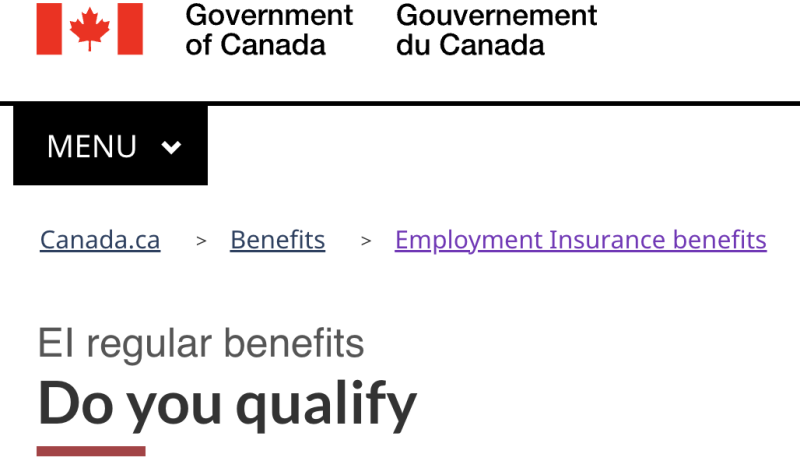The Nova Scotia Federation of Labour is calling on the Canadian government to extend COVID-19 recovery measures for those on employment insurance (EI) until a new system is in place. The current temporary measures are set to expire Sept. 24.
When they do, the number of hours required to be eligible for EI benefits will increase from 420 to as many as 700, depending on what part of Nova Scotia an applicant lives.
President of the Nova Scotia Federation of Labour Danny Cavanagh says some Nova Scotians struggle to get enough hours to qualify for EI benefits due to the seasonal nature of their work.
“In both the Eastern and Western regions of this province it could end up being pretty devastating for a number of people working in those seasonal industries,” said Cavanagh.
The federal government is currently working to revamp the EI program and Cavanagh says it would be better to maintain the lower 420 qualifying hours until the new system is in place.
Cavanagh estimates anyone in Western Nova Scotia (including Queens) will need 630 hours to qualify for EI after Sept. 24.
He is also in favour of raising the minimum wage from $13.55 to $20 an hour to bring it closer to the approximate $23 an hour cost of living announced by the Canadian Centre for Policy Alternatives last week.
“Whether the employers like it, or anybody likes it or doesn’t like it, workers have been falling behind for a number of years and I think that we’re just going to have to buck up here and make sure people are getting paid a decent wage for the work they do and that employers see value in the workers to be able to pay them that wage,” said Cavanagh. “Those that can’t keep up, I guess are going to fall behind, meaning, the employers. We’re just not going, I don’t think, be able to see every business survive. That’s the reality we’re in today.”
Cavanagh is urging workers to contact their local Member of Parliament to ask them to put pressure on government and keep the existing temporary COVID-19 measures in place until his group and others can work with officials to modernize the EI system to reflect the realities of 2022.
E-mail: edhalversonnews@gmail.com
Twitter: @edwardhalverson
To listen to the broadcast of this story, press play below.


